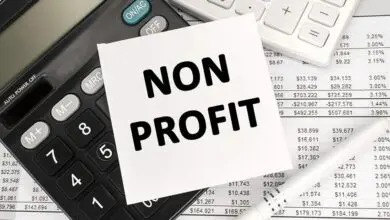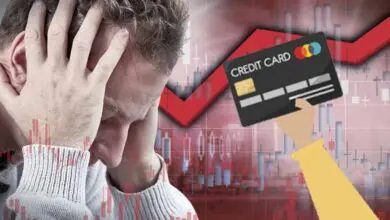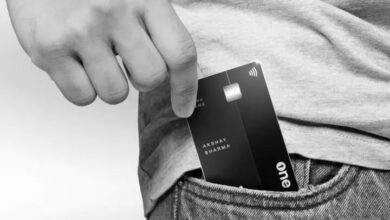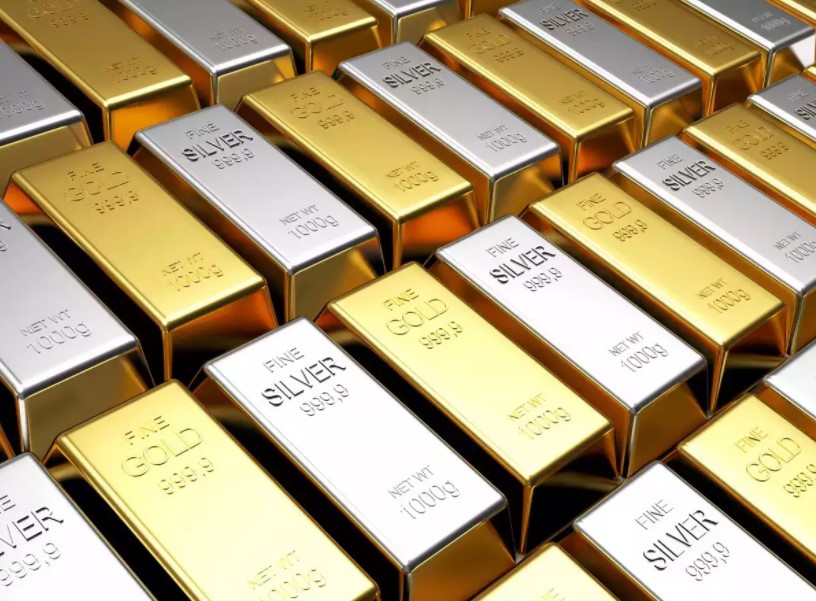
Do you want to know how to sell silver or gold if you ever need to unload your precious reserves? Perhaps you’ve just inherited some gold and are unsure what to do with it, or you’re a gold and silver investor who wants to sell part of your holdings. In the event that you want to liquidate a chunk of your precious metals collection, you must know what you’re doing or risk being swindled or hoodwinked by fraudulent buyers who would like nothing more than to take advantage of your inexperience to make a quick buck.
Whatever your purpose for having to sell your hard assets, this advice will assist you in ensuring that the transaction is worthwhile and as painless as possible. It delves into the most critical points to remember before selling your silver or gold.
1. Understand What You’re Selling
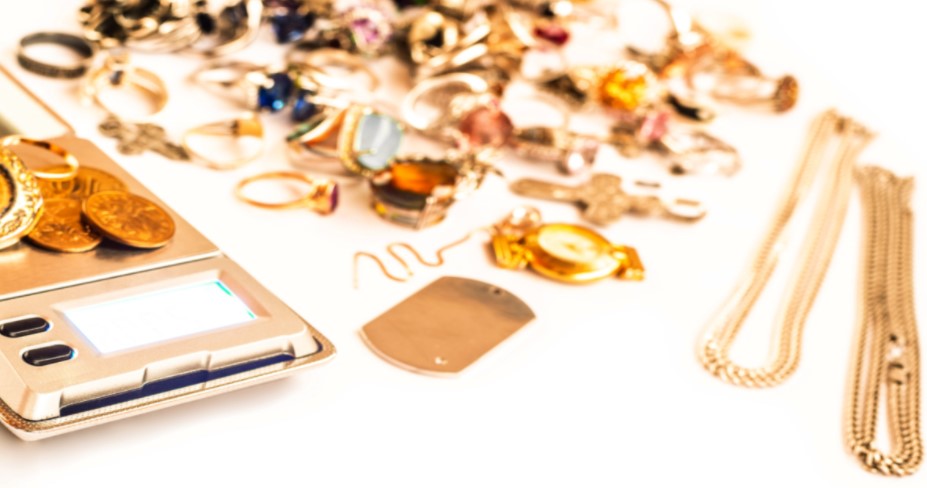
After you’ve decided to offer particular items, it’s critical to understand how to sell them based on their category effectively.
2. Silver and Gold Bullion in the form of ingots, bars, or coins
Bullion may take the shape of coins, whether gold or silver. These coins are not the same as the coins you would use to purchase, and instead, they are essentially silver and gold bullion molded into coins. Because they will be branded with their weight, purity, and serial number, it should be simple to establish what sort of ingots, bars, or coins you have in bullion.
3. Coins made of gold and silver
If you’re selling silver or gold coins, their value may be worth more than the material they contain. Don’t trade them for scrap until you know what you’re dealing with! This is not true for bullion coins, which are similar to metal bars in that they are worth the fair value of the metal itself.
4. Jewelry made of gold and silver
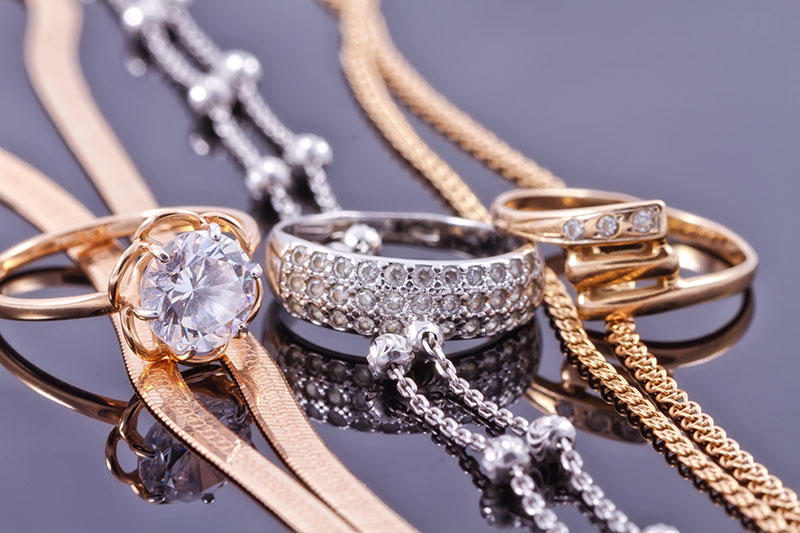
Do you have jewelry that you no longer fancy? Trying to sell them for their metals is an excellent opportunity to earn additional money while making room in your jewelry box. But keep your expectations realistic. Because jewelry is sometimes made from mixed metals, it is typically worth less than the same quantity of precious metal in pure form.
5. Determine the Value
Before you can determine what you can reasonably hope to obtain out of your silver or gold, you must first understand what you have. Examine the weight, purity, and condition of the products you seek to sell carefully since these factors affect their worth.
Next, research to arrive at an estimate. Whether you want to sell silver or gold coins, ensure you check to see if they have any extra value beyond their melt value. Is the coin, for example, historically significant? Specific coins with collectible or historical worth sell for more than the bullion value. It’s also a prudent idea to know the current gold or silver price.
However, keep in mind that dealers often give sellers significantly less than the market value, so remove a few percentage points to account for dealer profit. Take your silver or gold to a precious metals dealer, not a pawn shop or a cash-for-gold business, and ask them to evaluate its worth. Even if you don’t wind up selling locally, you’ll have a starting point before soliciting internet bids.
6. Locate the Ideal Buyer
Before selling your gold and silver holdings, the first thing you need to ask yourself is, “Who should I sell my precious metals to?” The credibility of your buyer is critical since the business is rife with dishonest sellers who will almost certainly underbid you. Are you sure about the price provided by your prospective buyer? Is your dealer open to selling your precious metals back to you if you want to repurchase them later? Some of the most common selling options are listed below.
7. Online dealers
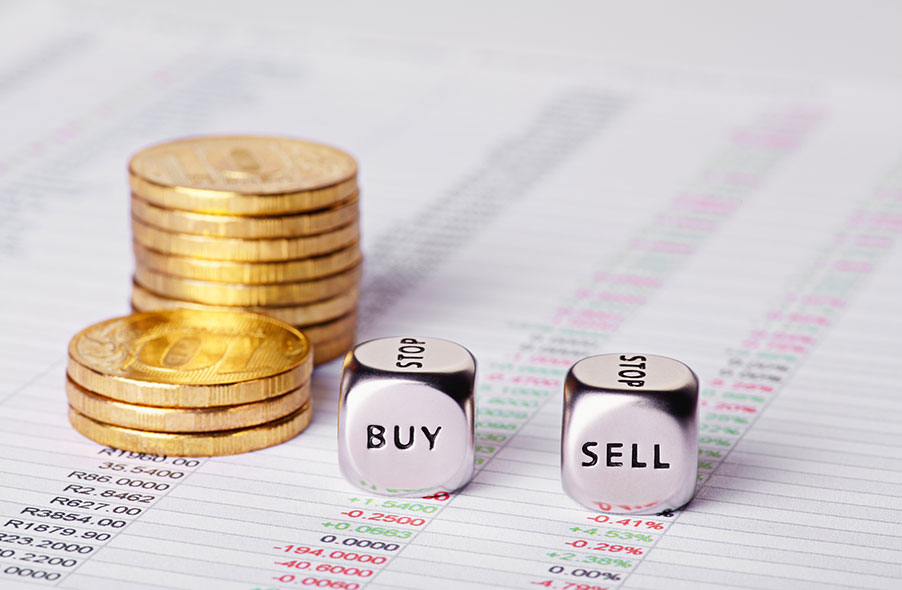
Several trustworthy online dealers like crowngoldexchange.com acquire collectible coins and precious metal bullion in the United States and across the globe. They typically offer the best gold and silver prices, but they need a minimum dollar value before they consider purchasing your coins. Online dealers assist you in avoiding the high-pressure techniques of coin shops and pawnshops, particularly if you had initially purchased your valuables from them.
8. Coin Stores
Local coin shops are a fantastic alternative since they often pay you immediately for your gold or silver and provide fair market rates. Whereas the prices may not be as great as those found at auction sites or online dealers, they are somewhat reasonable considering that you get your cash without having to wait inconveniently.
9. Coin Shows
If you’re selling numismatic coins, coin exhibitions are ideal since they provide an excellent opportunity to have your coins evaluated by several dealers simultaneously. With so many vendors in one place, you have the greatest chance of receiving the best price. On the other hand, coin exhibitions are infrequent, making them unsuitable if you need to sell them immediately.
10. Auctions on the internet

Selling silver and gold on online auction platforms might result in a good bargain, provided the buyers understand the value of buying items. However, with ignorant buyers, you may not obtain the best price for everything, and you may have to conduct many auctions or filter through possible buyers before selling your whole collection.
11. Pawnshops
When considering where to sell your silver or gold, pawnshops ought to be your last option. They are an excellent emergency alternative if you need money fast, but they are not the ideal buyer of expensive numismatic coins. Pawnshops exist to earn a profit, so you’re more likely to get a poorer return on your investment since the dealer will take advantage of your need to sell.
12. Take into account the Payment Method
An important question to ask yourself when considering how to sell gold or silver is how you will be paid. Are you hoping to liquidate quickly and get an immediate reward, or are you willing to wait a bit longer to receive a more significant figure for your pieces? The sort of buyer you choose will ultimately be determined by your need to sell. Pawnshops, for example, may pay you promptly, but you’ll receive a lower price for your stuff than if you used an auction, which may take longer to pay you.
Conclusion
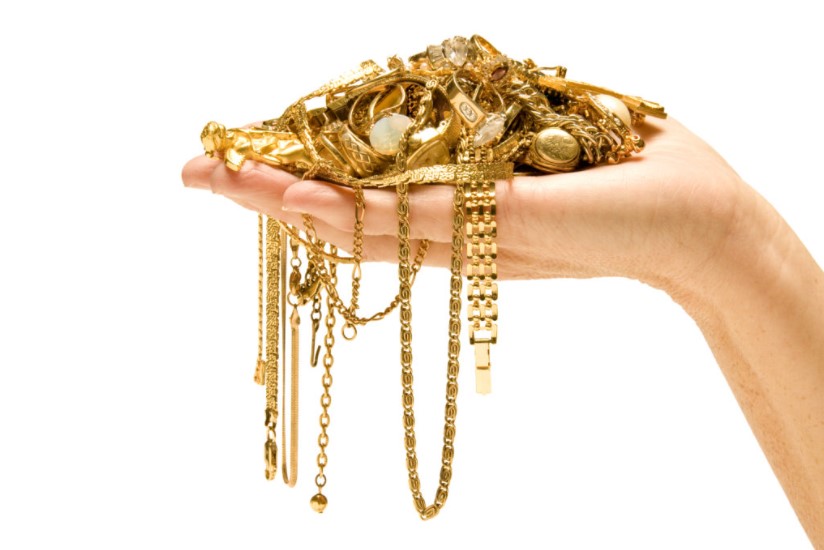
When deciding how to sell silver or gold, you want the transaction to be simple, secure, and equitable. The simplest method to guarantee that you unload your silver or gold for a profit is to choose a trustworthy buyer. Also, be cautious in your sale to prevent theft and reduce chances of getting conned, and do thorough research to get the highest price for your metals.


